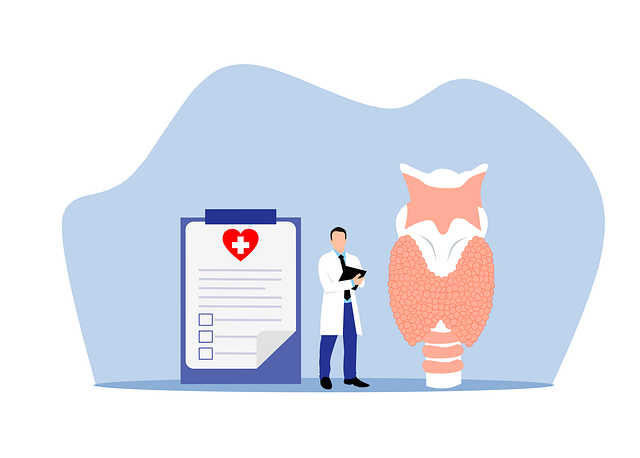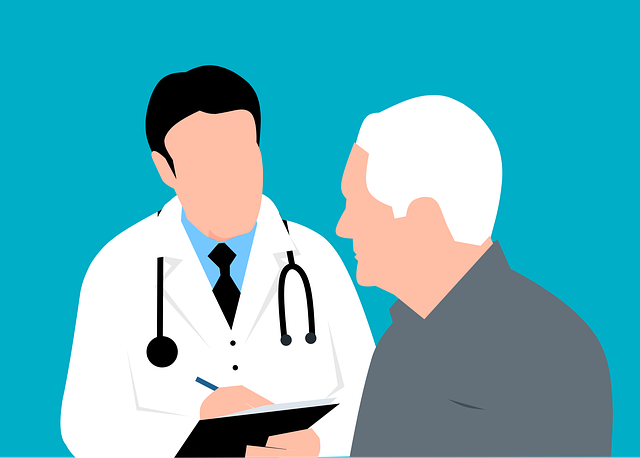You may ask what is subclinical hyperthyroidism? In simple words when the TSH levels are low while the T3 and T4 levels are normal this condition is known as subclinical hyperthyroidism.
what is Tsh?
TSH is thyroid stimulating hormone that is released by the anterior part of the pituitary gland this hormone acts on the thyroid gland present on either side of the thyroid cartilage in your neck region, the thyroid gland under the influence of this hormone will secrete T3, and T4 this will send a signal to the Anterior pituitary gland to stop secreting TSH. Now in normal cases as a result of low TSH thyroid gland stops producing T3 and T4 and the level of these hormones drops down but in the case of Subclinical hyperthyroidism Low level of TSH will still not cause reduced levels of T3 and T4. This can be due to various causes.
Functions of T3 & t4
The main functions of T3 and T4 are as follows :
1. increase basal metabolic rate BMR
2. increase blood glucose level
3. Increase protein synthesis
4. increase blood lipid level
5. increase heat production
6. increase heart rate and Blood pressure

Causes of subclinical Hyperthyroidism
- Graves disease: is an autoimmune disease in which the immune system makes a specific type of antibodies that stick on to the thyroid gland and produce T3 and T4
- exogenous thyroid hormones: if someone suffering from hypothyroidism takes hormone replacement therapy can suffer from subclinical hyperthyroidism
- Nodular thyroid disease: small hyperfunctioning nodules are formed over the thyroid gland which keep on secreting these hormones
Symptoms of subclinical hyperthyroidism
- irritability
- Muscle weakness
- sleeping difficulties
- increased heart rate
- decreased heat tolerance
- diarrhea
- weight loss
- bulging eyes
- tremor
- panic attacks and anxiety
- irregular menstrual cycle in women
- erectile dysfunction in men
risk factors of subclinical hyperthyroidism
- decreased bone density
- increased heart arrhythmias
- increased death due to cardiovascular stress
- high blood pressure
- increased risk of stroke
Treatment of subclinical hyperthyroidism
- radioactive iodine therapy
- antithyroid medications
- surgery

lifestyle changes to control subclinical hyperthyroidism
This part of the blog contains sponsorship As an Amazon Associate, I earn from qualifying purchases
- decrease iodine in food
- calcium and vitamin D supplements; some supplements are linked below
3. exercising daily
Pingback: chemosis: chemosis of conjectiva and its causes and how to get rid of it? - fnddoctor.com